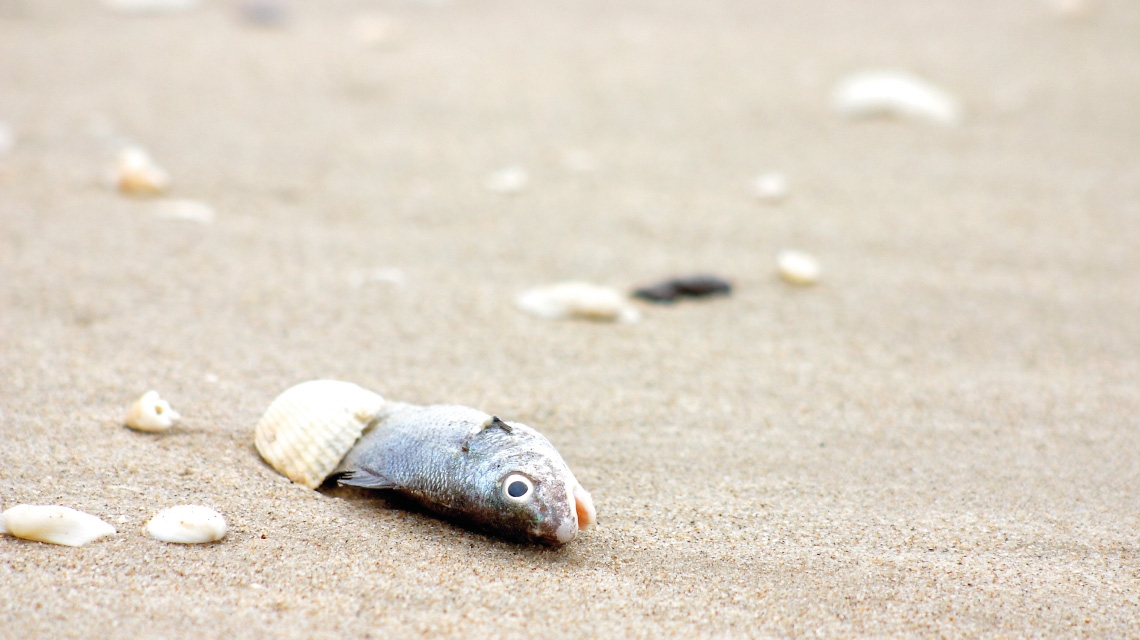
By Dr Marouane Temimi, Dr Hosni Ghedira and Dr Taha Ouarda
December 23, 2013
The UAE’s history is intertwined with that of the Arabian Gulf. It provides the country’s food, livelihood and access to trade.
In the modern age, the Gulf provides, through desalination, most of the UAE’s water while also being a source of seafood and recreation. Its importance can hardly be understated.
But the high marine traffic that comes with it exposes the UAE’s vulnerable coastal resources to a number of hazards. In 2008, for instance, a major red tide event significantly affected the region and disturbed the desalination upon which we all rely for our drinking water.
Red tides happen when colonies of algae grow out of control, producing toxins harmful to people, fish, shellfish, marine mammals, and birds. Fishing must be halted, as well as swimming and even desalination.
The Arabian Gulf also faces a high risk of oil spills from tankers, offshore platforms, or submerged pipelines. Leaks, too, hit desalination and fishing.
So it is important to monitor water quality in the Arabian Gulf, to quickly detect and even forecast red tide outbreaks and other hazards along the UAE’s coastline.
Local ship-based observations of water quality are not enough. The Masdar Institute is leading research that combines high-resolution satellite data with 3D models of ocean currents to monitor and ultimately forecast water quality in the Arabian Gulf, in real time.
This way, we aim to monitor and forecast coastal hazards with enough accuracy – and far enough ahead – to be able to give operators and managers of coastal facilities the advance warning they need to plan and face those potential threats.
Not only that, we aim to help develop emergency and contingency plans that allow such facilities to recover more quickly after disaster events.
The result, we hope, will be enormous savings from reduced loss of productivity in impacted sectors while also lowering any risk to human health.
Dr Marouane Temimi, Dr Hosni Ghedira and Dr Taha Ouarda are faculty members in the Institute Centre for Water and Environment (iWater) and chemical and environmental engineering department at the Masdar Institute of Science and Technology.